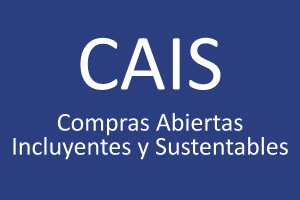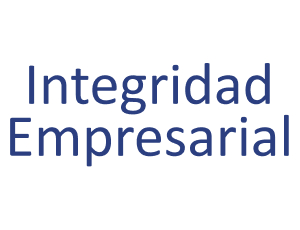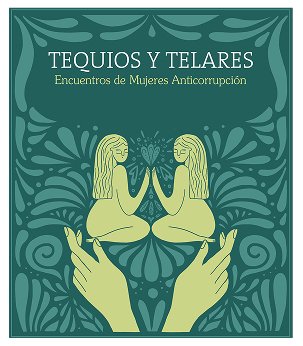- ¿QUIÉNES SOMOS?
- Programas
- Programa de Diagnóstico, Medición y Evaluación de Impacto
- Unidad de Monitoreo de Procesos
- Programa de Convenciones y Mecanismos Internacionales Anticorrupción
- Programa Sectorial en Educación y Rendición de Cuentas
- Programa de Integridad en el Financiamiento Climático (CFIP)
- Programa Editorial
- Iniciativa para el Fortalecimiento de la Institucionalidad de los Programas Sociales (IPRO)
- Programa de Investigación sobre Ciudadanía y Mercados
- BIBLIOTECA
- Comunicados de Prensa
- RENDICIÓN DE CUENTAS
- CONTACTO
Mexico has shown no improvement in the Corruption Perceptions Index 2017
Mexico City, February 21st 2018
- Mexico has shown no improvement in the Corruption Perceptions Index. The country’s score dropped one point from last year’s index, from 30 to 29 points.
- Political resistance against the latest set of recently enacted anti-corruption reforms as well as a lack of an independent prosecution system, provides explanation for these results.
- The results offer evidence about the lack of sanctions in the most emblematic and well-known corruption cases in the eyes of public opinion, such as Odebrecht.
Despite recent anti-corruption efforts and numerous reforms on the matter, including the creation of a new institutional system to address corruption and impunity, Mexico has fallen in the new edition of the 2017 Corruption Perceptions Index (CPI) published by Transparency International and Transparencia Mexicana. To a great extent, political resistance against these reforms helps explain these results. Mexico’s score in the 2017 Corruption Perceptions Index worsened by one point, dropping from 30 to 29 points in a scale of 0 to 100, where 0 is highly corrupt and, 100 is very clean. The country occupies the 135th position out of 180 countries. At a regional level, Mexico is among the worst evaluated countries in Latin America and the Caribbean, below Brazil, Argentina, and Colombia. Moreover, it is the worst evaluated OECD country, as well as the lowest score within the G20 along with Russia.
The results are, once again, evidence that transparency by itself does not necessarily translate into less corruption. According to the Open Budget Index 2017 published by the International Budget Partnership, Mexico ranked 6th out of 102 countries –the top country in the Americas, even ahead of Canada and the United States. However, the lack of systematic actions to dismantle corruption networks prevent Mexico from improving in terms of corruption and impunity.
The CPI 2017 shows how corruption is largely an institutional problem. Countries like Chile or Uruguay, which are further ahead in the index, prove it. These are the two only countries in Latin American with a score over 60 points This could be explained by the presence of strong and independent Attorney Generals’ offices with real and effective mechanisms for investigating corruption.
Several national and international bodies have highlighted already the importance of addressing the issue of independence and effectiveness in prosecutors and judicial authorities in Mexico to investigate and punish the key corruption cases.
In addition to the CPI 2017 results, it is key to look at the recent evaluation conducted by the Financial Action Task Force on Money Laundering (FATF) criticising the lack of continuous and proactive prosecution of money laundering crimes. This leads to an increase in the risks of corruption and impunity in the public and private sector.
Critical recommendations for Mexico:
- Accelerate and ensure that recent anti-corruption reforms at the national and subnational level are implemented correctly.
- Integrate the Financial Intelligence Unit (UIF) and the Tax Revenue Authority (SAT) into the newly established National Anti-Corruption System to strengthen investigations on money laundering and shell companies.
- Reform the Attorney General’s Office to secure its independence and autonomy in the investigation of corruption, isolating it from private and political interests.
- Improve and automatize mechanisms for government institutions to exchange information on political financing and government contractors through the use of data standards, open data, and technology systems.












